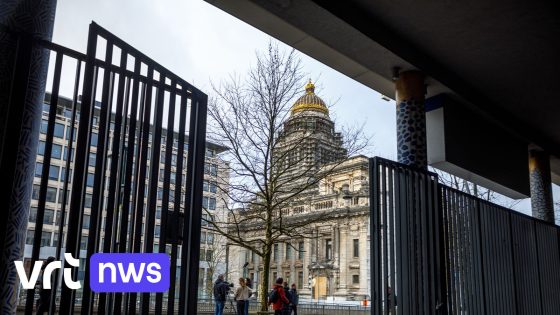On February 11, 2025, the coastal waters of Bekasi witnessed a significant change as the illegal sea barriers began to come down. The demolition of these structures, which spanned 3.3 kilometers, marks a crucial step towards restoring the natural landscape of the area. But what does this mean for the environment and local communities?
- Coastal fence demolition underway in Bekasi
- PT TRPN faces weather-related delays
- Illegal structure lacked necessary permits
- Company acknowledges responsibility for actions
- Project completion is 80% in permitting
Why the Demolition of Illegal Sea Barriers in Bekasi Matters to US
Have you ever wondered how illegal constructions affect marine life? The recent demolition of the illegal sea barriers in Bekasi not only impacts the local environment but also serves as a reminder of the importance of adhering to regulations that protect our oceans.
The Impact of Illegal Sea Barriers on Marine Ecosystems
Illegal sea barriers disrupt the natural flow of water and can harm marine ecosystems. The recent demolition in Bekasi is a vital step toward restoring balance. Here’s why it matters:
- Restores natural habitats for marine life.
- Improves water quality by allowing natural currents.
- Supports local fishing communities by maintaining fish populations.
- Sets a precedent for environmental accountability.
Understanding the Challenges of Demolition Efforts
The demolition process faced unexpected challenges, primarily due to weather conditions. Initially, the project aimed to complete the demolition in four days, but the reality proved different. Workers managed to dismantle only 100-200 meters on the first day. Why is this significant? It highlights the complexities involved in environmental restoration efforts.
Lessons Learned from the Bekasi Sea Barrier Demolition
As PT Tunas Ruang Pelabuhan Nusantara (TRPN) undertakes this demolition, they acknowledge their past mistakes. The company is now committed to rectifying its actions by completing the necessary permits for future projects. This situation serves as a powerful reminder of the importance of following regulations to prevent environmental damage.
In conclusion, the demolition of illegal sea barriers in Bekasi not only restores the coastal ecosystem but also emphasizes the need for compliance with environmental regulations. This initiative can inspire similar actions globally, promoting a healthier planet for future generations.
































